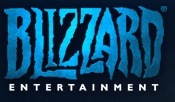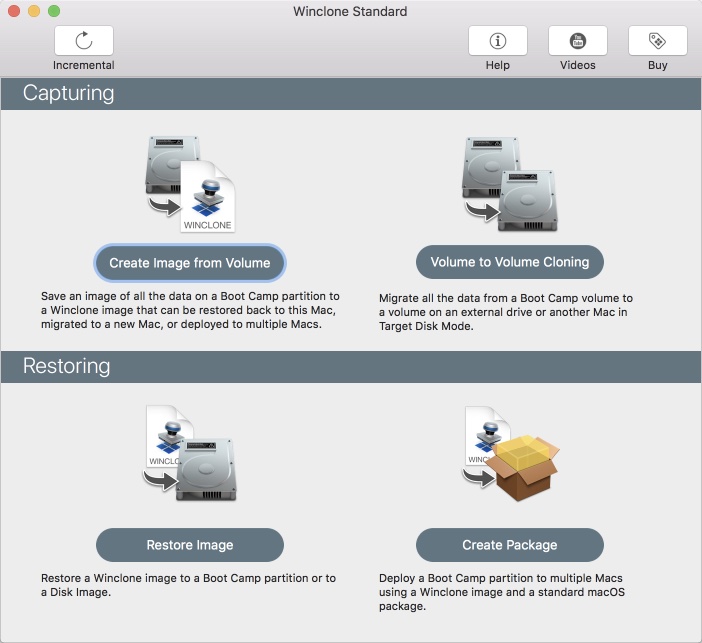A group of media and electronics companies have announced an agreement on an all-formats system called UltraViolet for digital downloads. The single standard will allow the consumer to purchase films to be viewed on any device — a computer, smartphone, game console, Blu-ray player, and television.
Backed by 48 companies, including film studios such as Paramount, Warner Bros., Sony and Fox, and tech firms like Microsoft, Toshiba, Panasonic as well as Intel and Comcast, the consortium, called the Digital Entertainment Content Ecosystem (DECE) covers the spectrum of entertainment, software, hardware, and retail companies. The only holdouts are the Walt Disney Company, which has developed its own system called KeyChest, and Apple, according to “The Independent” (http://macosg.me/2/kl). Whether they will participate in the future is unknown.
UltraViolet, a universal file format, could launch by the end of the year or in 2011, after the system is tested with an unnamed retailer.
According to the DECE, cosumers will be able to create free, cloud-based UltraViolet accounts, which will include a digital rights locker and allow them to manage all of their UltraViolet-branded content, regardless of where it was purchased. The first UltraViolet content, services and devices are expected to launch later this year.
According to the DECE, UltraViolet is designed for UltraViolet-enabled movies and TV shows to be available in traditional physical stores, online movie stores, and on the growing number of web-based services that let consumers download content through game consoles, smart phones, Internet-connected TVs and Blu-ray players — as well the new devices being invented every day.
With UltraViolet, consumers will purportedly be able to shop at their choice of participating retailers — including stores with whom they already have relationships. A few clicks will link a retail account to the UltraViolet Account. Then consumers simply shop as usual; when they make purchases, a right is automatically added to their UltraViolet Account, unlocking the benefits of UltraViolet. Additionally, for families, individuals’ own retail shopping accounts will all be linked to the family’s shared UltraViolet Account.
UltraViolet is designed with families in mind, according to the DECE. Multiple UltraViolet devices can share a single UltraViolet Account, which means that Bobby’s smart phone, Sally’s laptop, Jimmy’s game console and Mom & Dad’s TV can all access the same UltraViolet content.
The UltraViolet experience will be powered by a cloud-based UltraViolet Account, which will include a Digital Rights Locker and account management functionality. Consumers will be able to create an UltraViolet Account, free of charge, via one of the participating UltraViolet service providers or through the UltraViolet web site. Once created, this account will purportedly allow consumers to access and manage all of their UltraViolet entertainment, regardless of where it was purchased.
However, UltraViolet could end up in a format war with Disney’s Keychest. And Apple is likely to side with its buddy, Disney (Apple CEO Steve Jobs is on the Disney board of directors.) If a format war did ensue, Apple and Disney have a strong head start. The iTunes store already has more than 150 million paying customers. Apple also has two of the most attractive platforms for streaming films, the iPhone and iPad.
Disney hopes Keychest will be deployed before the end of the year. Company officials said the goal of KeyChest is to make it easy for viewers to see a movie accessed from various outlets and to address the issue of compatibility in maneuvering content from device to device as well as limited storage space on consumers’ hard drives.
With KeyChest, a consumer can buy a movie from a participating store. That customer’s account with other participating services, such as telecom services or cable companies, would be updated to show the film is available for viewing. Purportedly, Disney envisions KeyChest as a program that retailers can tap into to verify that consumers have already purchased the right to access a movie, and then make that movie available to the consumer across different devices.




